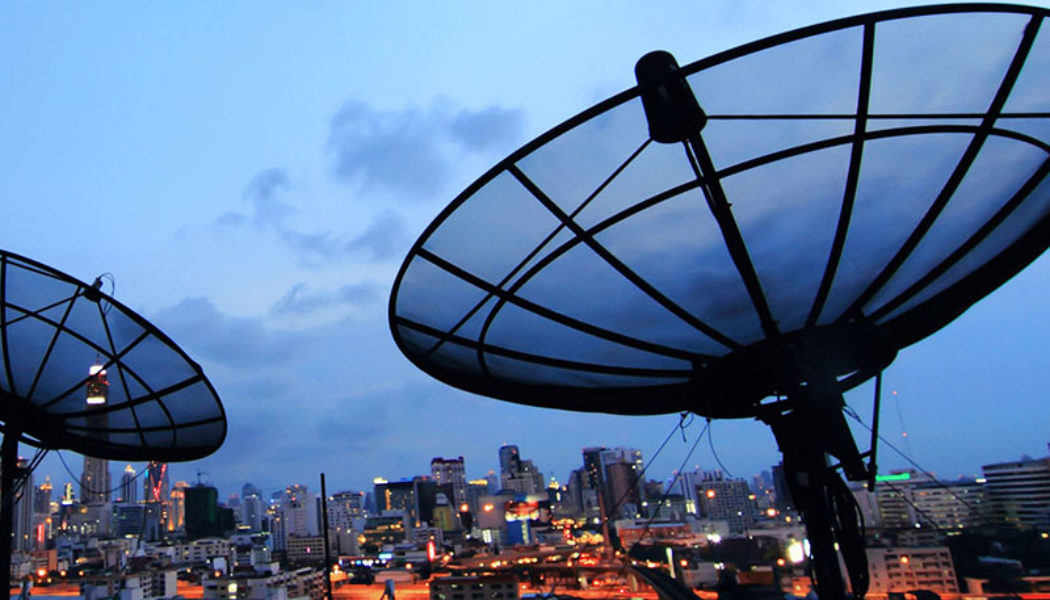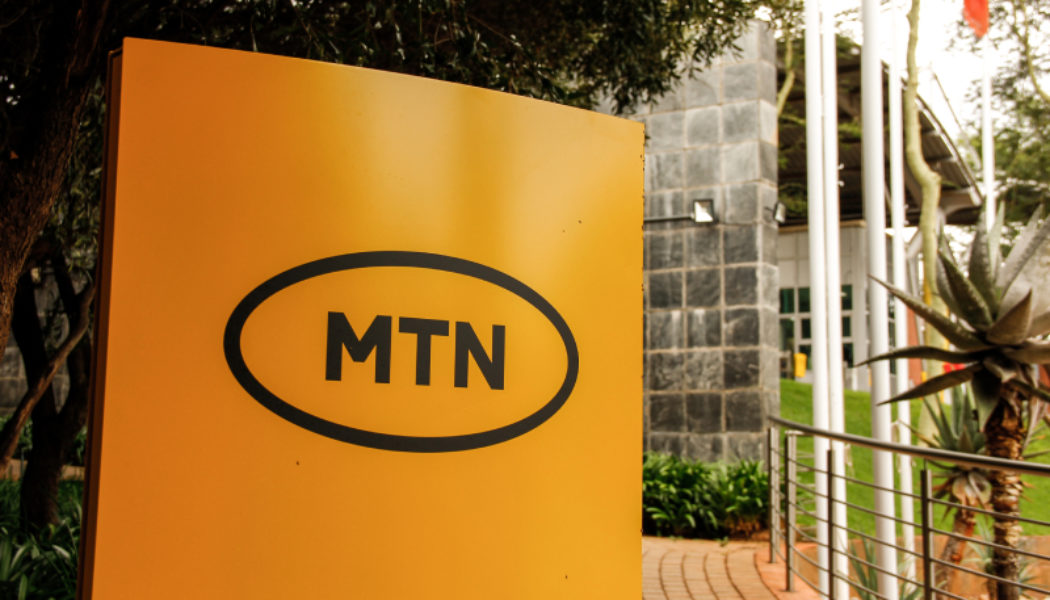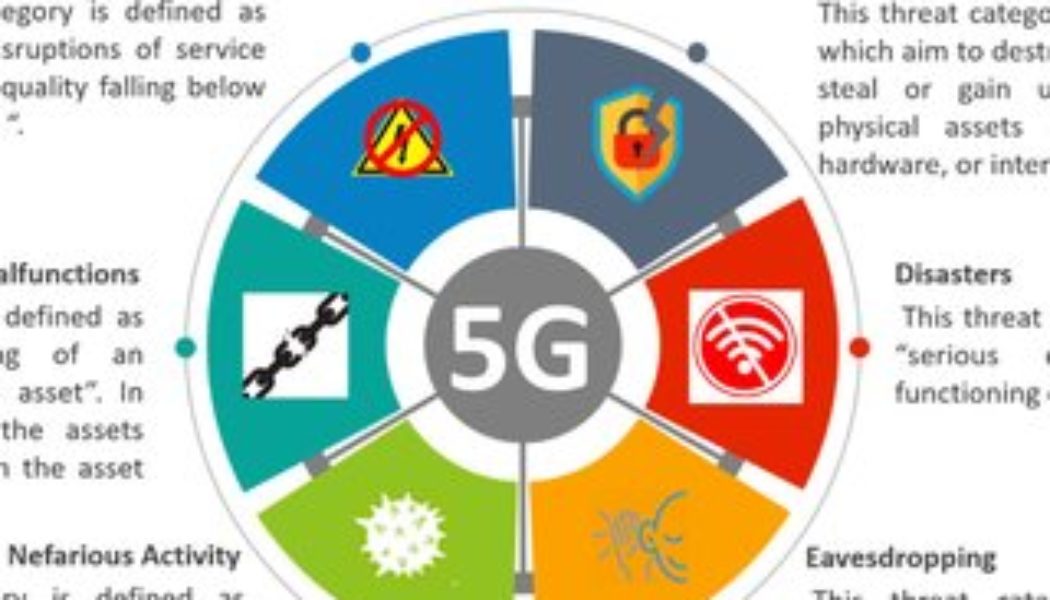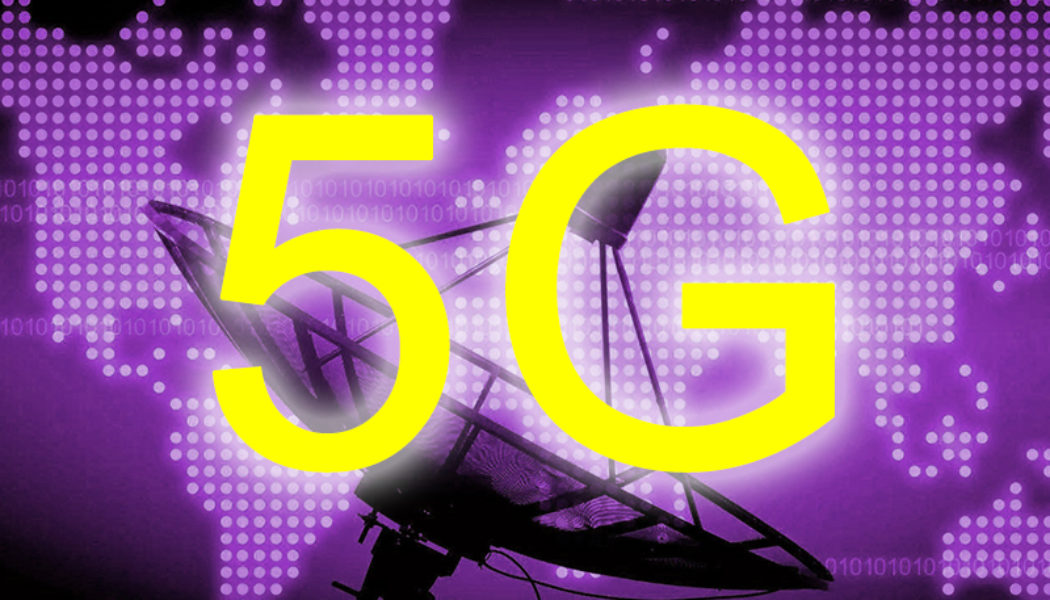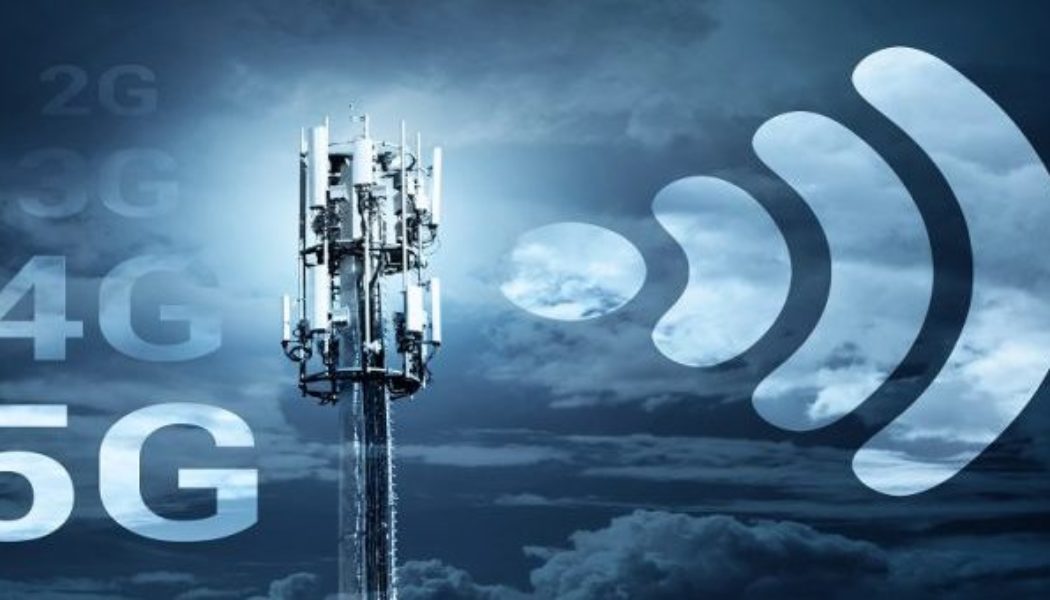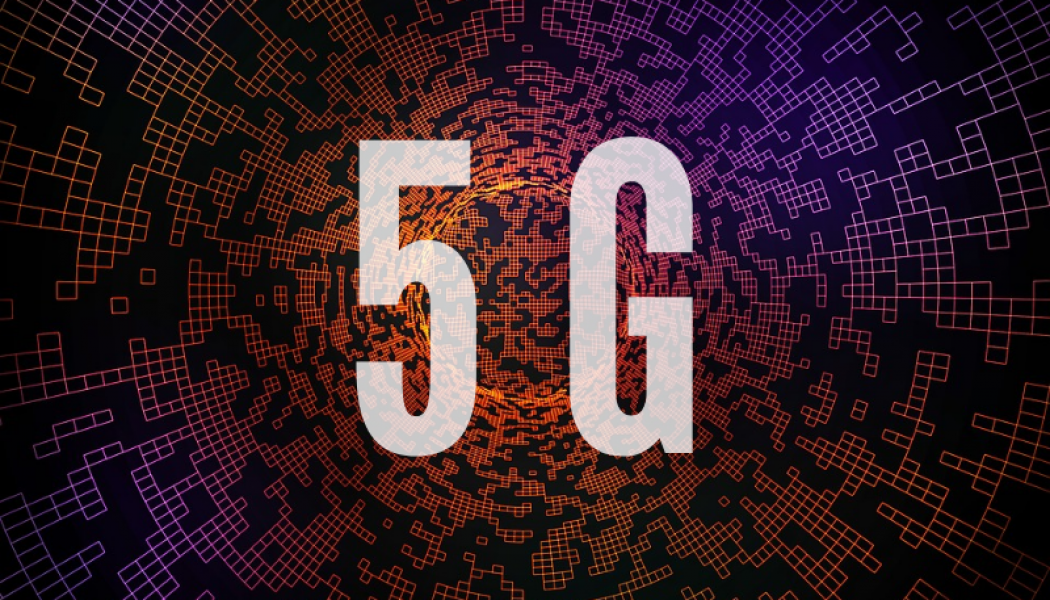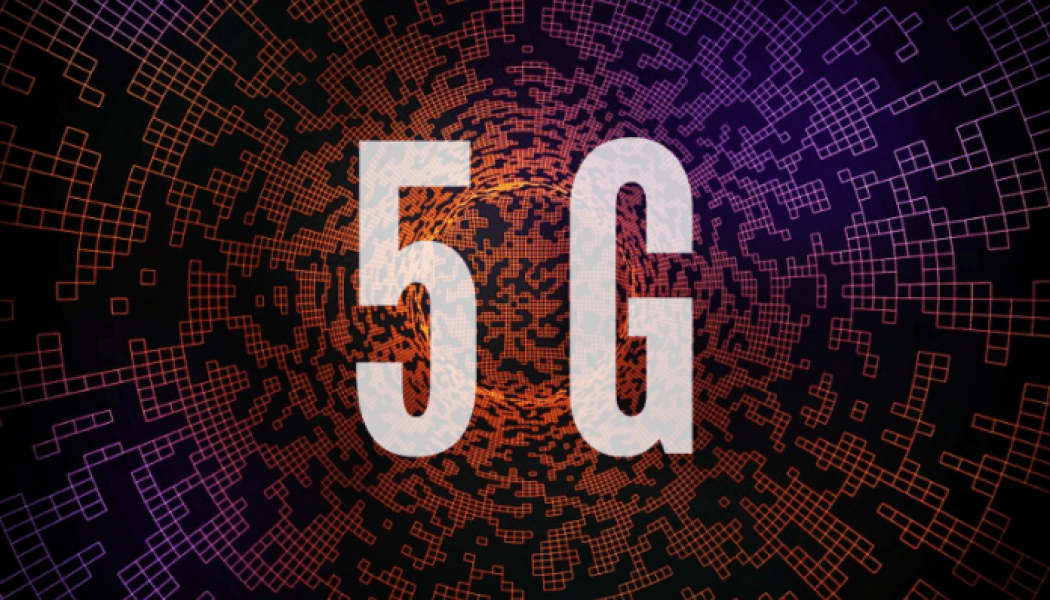5g in africa
How to Plan for 5G Success in Sub-Saharan Africa
Spectrum planning is key to the successful rollout of mobile services. While the rollout of 5G is only growing, what happens now with spectrum policy will have a massive impact on the success of 5G and its deployment in Sub-Saharan Africa. Forward-thinking governments and regulators across the region have the opportunity to make decisions to help make the most of the prospects 5G offers. So, what should governments and regulators do next? In a new report, we look at current spectrum assignments and future needs across Sub-Saharan Africa. The report then sets out a roadmap to help governments and regulators enable 5G in the most efficient way possible. It also provides recommendations based on international best practices. Building a Successful 5G Policy The first step on the path to settin...
Benefits & Challenges of Harnessing 5G in South Africa
Fifth-generation (5G) wireless broadband is no longer a future technology – it’s here and is already available in limited key metropolitan areas in South Africa. The country, with its limited Internet access and infrastructure, high data costs and ailing economy, can benefit in multiple ways from 5G. However, there are also some issues that South Africa needs to deal with as communication service providers (CSPs) gear themselves for the 5G era and maximise the value the technology can bring. A recent study by IT services and consulting company Accenture, titled The Future Home in the 5G Era, opens a window into consumer lives in a 5G world and offers a roadmap for service providers to make hyperconnected 5G living a reality when we need it most. Globally, the value of access to information...
Nigeria Still Waiting on Federal Government’s Approval for 5G Deployment
Image sourced from the Verge. Nigeria’s final journey into the deployment of 5G technology is expected to begin sometime relatively soon, barring any unforeseen circumstances. The Guardian reports that the only obstacle to the deployment of the technology in Nigeria is approval by the country’s Federal Government. A previously existing obstacle, a supposed loose end, has recently been tightened by the Nigerian Communications Commission (NCC). Approval from the Federal Government is expected within the next few months. Nigeria’s Senate Approves 5G After two trials conducted by MTN and Ericsson in 2019, with the supervision of the NCC, Nigeria’s Upper Legislative Chamber, the Senate approved the deployment of 5G networks in the country. The Senate had agreed that the technological impact tha...
Why 5G is Crucial to Closing the Digital Divide
It’s safe to say that high points during the COVID-19 pandemic have been few and far between. South Africans were, however, met with at least one welcome development earlier this year with the launch of the country’s first 5G which supports both commercial mobile and fixed wireless 5G services. Although people were confined to their homes for an extended period of time during lockdown, many South Africans living in major metros were able to use 5G technology to stay in touch, work from home and keep themselves entertained. Not surprisingly, the demand for data during this time was greater than ever before. Vodacom recorded a 40% increase in mobile data traffic in South Africa during the last week of June during the peak of the pandemic, compared with pre-COVID-19 lockdown levels. As the ci...
